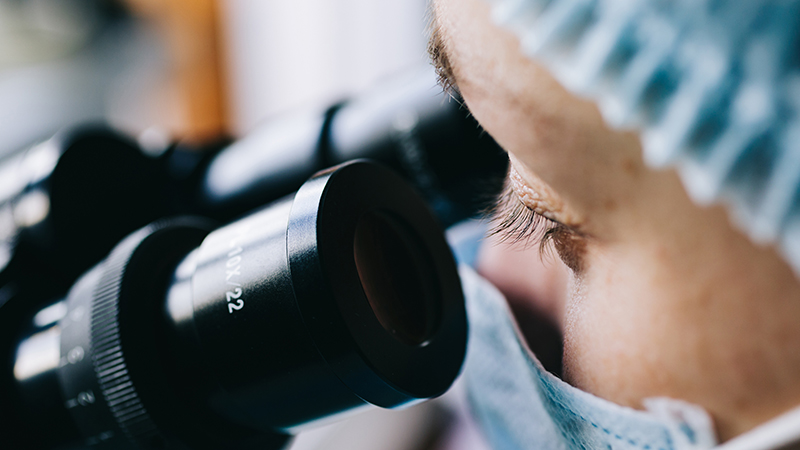
Radiation treatment for head and neck cancer can decrease saliva production, causing oral infections, pain and decreased quality of life. Current treatments provide temporary relief, but researchers from the University of Missouri School of Medicine are experimenting with fibrin hydrogels, which might provide a long-term solution to the problem of hyposalivation.

A recently published study demonstrated how treatment with specific trimer peptides combination chemically bonded to fibrin hydrogels stimulated saliva secretion in mouse salivary glands more effectively than previously used forms. The hydrogels potentially could also help patients with the autoimmune disorder Sjogren’s syndrome, which decreases saliva production.
“These results warrant additional testing in head and neck irradiated mice with the ultimate goal of applying this technology in humans,” said senior author Olga Baker, DDS, PhD, professor of otolaryngology and biochemistry.
Baker’s study, “Trimers Conjugated to Fibrin Hydrogels Promote Salivary Gland Function,” was recently published in the Journal of Dental research.





